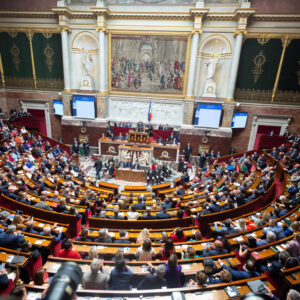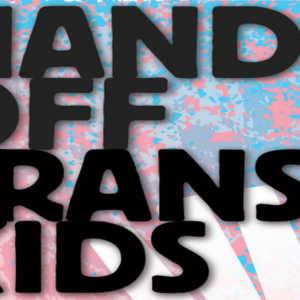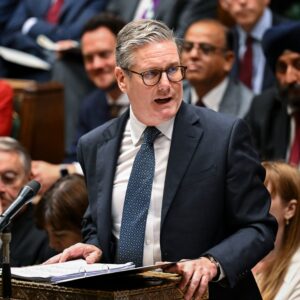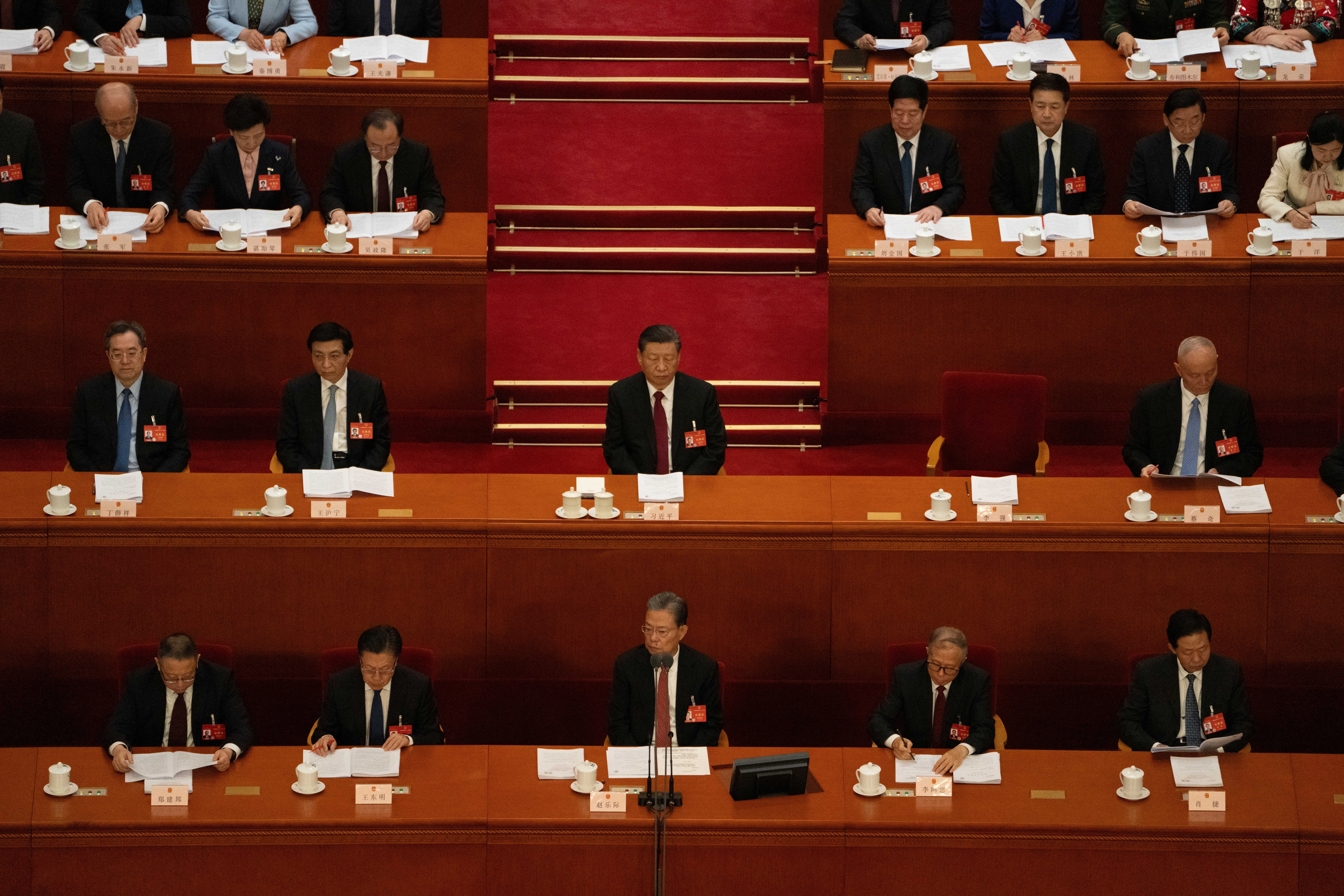Source >> Labour Hub
The Soviet Union’s demise and the end of the Cold War almost put an end to the ‘campism’ that characterised until then much of the international left and the workers movement. The term ‘campism’ was coined during the Cold War to designate a systematic alignment among this range of forces behind either Washington or Moscow. While there still exist political groups systematically aligned behind Cuba, or even behind Putin’s Russia in the case of die-hard Stalinists whose attachment to the USSR morphed into attachment to anything Russian, a new phenomenon emerged, that of neo-campism. It was boosted by the US-led occupation of Iraq, which was carried out in blatant violation of international law. This by far most unpopular US war since Vietnam was met with a huge international outcry and gave new impetus to anti-imperialist hostility to the US government.
In neo-campism, systematic alignment behind Moscow was replaced by knee-jerk positioning against Washington, a stance entailing a strong propensity to act upon the logic of ‘the enemy of my enemy is my friend” and hence to be barely critical of governments and forces opposed to the United States—militarily or by any other means. Such an attitude was displayed toward Libya’s Gaddafi in 2011 (even though he had collaborated with Washington since 2004), Syria’s Assad thereafter, and Putin’s Russia — especially since its annexation of Crimea and encroachment into Ukraine’s Donbas in 2014, followed by its heavy-handed intervention in Syria’s war starting from 2015.
One crude illustration of this neo-campism is a conference organised in Germany in January 2022 – after several months of threatening movement of Russian troops to the borders of Ukraine and less than two months before they invaded this country – under the slogan of “Hands Off Russia and China”!
However, Russia’s invasion of Ukraine in February 2022 has had a symmetrical effect to that of the 2003 US invasion of Iraq. It provoked revulsion in the Global North where no such major theatre war had occurred since 1945. Pro-West Cold-War campism was thus revived in part of the broad left: pro-NATO Atlanticism among Social-Democrats and Greens in particular, as well as among sections of the labour movement.
The Russian invasion fostered likewise an opposite version of neo-campism, characterized by a perception of Putin’s regime – and increasingly China’s government too – as the greatest danger, with a concomitant tendency to be soft on, or hardly critical of, actions taken by Western powers in confronting Russia in Ukraine (or China on the issue of Taiwan).
Britain provides a good illustration of the new polarisation in the ranks of the left and labour movement between the two types of neo-campism, anti-West and anti-Russia. Most anti-NATO neo-campist milieux in Britain are active in the Stop the War Coalition (StWC). Since February 2022, the StWC has paid lip service to the cause of Ukraine, tepidly condemning the Russian invasion and calling for the withdrawal of Russian troops to where they were before that invasion, without undertaking any action to that effect.
At the same time, it has deployed most of its effort in demanding the cessation of British and other NATO arms deliveries to Ukraine, arguing that the Ukraine war is a proxy war between two imperialist camps. By focusing exclusively on one dimension of the ongoing war and minimizing, if not outrightly denying, the Ukrainians’ agency in fighting for the defence of their people and territory, the StWC could portray its neo-campist inclination as a rejection of both camps. This translated into a highly inconsistent stance, proclaiming opposition to the Russian invasion while denying the Ukrainians the right to obtain the weapons they need to resist this same invasion.
A recent illustration of this inconsistency is the motion moved by members of the StWC at the congress of the University and College Union (UCU) held at the end of May. It was carried by a narrow majority of 9 delegates (130 against 121 and 37 abstentions). Entitled “Stop the war in Ukraine—Peace Now”, the motion pulls out all the stops. Combining outright pacifism (“wars are fought by the poor and unemployed of one country killing and maiming the poor and unemployed of another”) with the awkward understatement that “NATO is not a progressive force”, it calls on the union to “stand in solidarity with ordinary Ukrainians and demand an immediate withdrawal of Russian troops,” only to culminate in a “call upon Russia to withdraw its troops and for [the British] government to stop arming Ukraine”, as if Russia’s invasion of Ukraine and British deliveries of weapons to Ukraine were equally reprehensible.
For the StWC, “the alternative” to enabling Ukraine to resist the Russian invasion is “a ceasefire and peace talks”. One of the key components of the coalition felt the need to formulate another alternative, in order to show more consideration for the Ukrainian population. It advocated a combination of four elements: “Russia’s antiwar movement, mutiny in the military, Ukrainian resistance from below, antiwar agitation in the NATO countries”. Perhaps the Ukrainians should have let Russia invade their country in order to carry out a “resistance from below” (which necessarily means “underground” in this context), while betting on a remake of the 1917 Russian Revolution. Such fantasy is quite ineffective indeed in masking blatant inconsistency.
At the opposite end of the left spectrum, key sections of the British workers movement have resuscitated the Cold War type of Atlanticism that characterised the Labour Party, and which Keir Starmer’s leadership revived to the point of identifying with Tory braggadocio. Thus, at its latest congress held in October last year, the Trades Union Congress (TUC) adopted a Ukraine-related motion entitled “Economic recovery and manufacturing jobs”. As its title indicates, the motion stems more from narrow sectoral concerns about jobs than from internationalist solidarity with the Ukrainians. It praises defence manufacturing as “essential”, deplores the fact that is has been reduced in recent years, claiming that “defence manufacturing cuts have hindered the UK’s ability to aid the Ukrainian people under brutal assault from Putin’s regime”. Asserting that “the world is becoming less safe”, the motion supports “campaigns for immediate increases in defence spending in the UK”.
The main union active in the British military-industrial complex, the GMB, has been the key promoter of this line. It had called last September upon the then-Chancellor Rishi Sunak to “massively ramp up defence spending.” At its recent congress held in early June, the GMB adopted a motion defending Ukraine’s right to self-defence and refuting the StWC’s kind of opposition to arms deliveries by the British government:
“Congress considers that claims that such a response from the UK Government is the equivalent of war mongering, will prolong the war or risk the escalation of war with Russia are in fact back door arguments to leave Ukraine fend for itself and to face the forced annexation of large parts of its territory. Dressing up these claims with calls for peace talks does not change the fact that the policy they embody is actually acquiescence in the face of the Russian attack and an appeasement of it.”
However, the GMB motion does not stop at supporting the provision to Ukraine of means of self-defence. It goes on:
“Ukraine is also fully entitled to seek to import the most modern and technologically advanced weapons systems from across the world to resist the attacks and regain its territory. Congress considers that Governments in the UK and other nations with advanced defence manufacturing industries have a duty to respond positively with the weapons Ukraine needs to defend itself.”
This is tantamount to supporting quantitatively and qualitatively unlimited arms deliveries that would enable the Ukrainian military to escalate the war and thereby increase the risks for Ukraine’s population as well as for the whole world. The GMB motion asserts moreover that “the bedrock of the UK’s national security and defence policy continues to be the North Atlantic Treaty Organisation (NATO) which was set up by the Labour Government after the Second World War.” Consequently, it concludes that “there is no alternative … to properly trained and equipped UK armed forces as part of NATO”, opposing “moves to diversify jobs away from defence manufacturing” because they “undermine our vital national security and defences”. Ukraine’s legitimate cause is thus used to dignify what is basically a thoroughly pro-NATO militarist stance.
The Ukraine war led some anti-Putin activists on the British radical left to fail to oppose energetically such rightwing positions. Engaged in Ukraine solidarity work, and thus in close contact with Ukrainian unionists and socialists, they are inclined to adapt to the maximalist perspective that understandingly prevails among Ukraine’s population. They hence refrain from stances and activities such as opposition to the British government’s warmongering and to further increases in military expenditure, for a country that was the third largest military spender in the world in 2021.
Paul Mason is probably the most prominent case in point. He even went to the extent of calling for support to “increased defence spending, continued support for arms to Ukraine, a strengthened NATO and nuclear deterrence”, all this under the guise of opposing “campism” defined in such a way as to apply only to anti-NATO positions.
Anti-Putin neo-campism leads many supporters of the Ukrainian cause to stay aloof from calls for a ceasefire (which does not need to be unconditional) and peace negotiations, in the belief that time is in Ukraine’s favour. They thus allow the opposite side to project itself as the sole upholder of antiwar and pacifist values, as illustrated by the above-described UCU motion. Supporters of Ukraine also often tend to echo NATO’s increasing extension to target China in addition to Russia, by emphasizing a purported similarity between the cases of Ukraine and Taiwan—instead of comparing the Russian onslaught to actual invasions and occupations such as those of Vietnam or Palestine.
The left must avoid the pitfalls represented by those symmetrical campist and neo-campist attitudes. A consistent anti-imperialist stance on Ukraine is one that combines the following positions and demands:
1. Opposition to the Russian aggression and denunciation of its ongoing criminal onslaught;
2. Support for Ukraine’s legitimate right to self-defence and for its ability to acquire defensive means from whichever source available;
3. Immediate and unconditional withdrawal of Russian troops from the territory that they invaded since February 2022;
4. Rejection of warmongering calls for an escalation of the war into Russian territory, which would put the world and Ukraine’s people at high risk;
5. Support for peace negotiations under UN aegis on the basis of the UN Charter’s principles;
6. Support for a peaceful democratic settlement of the dispute over Crimea and the parts of Donbas identified by the 2015 Minsk accords, by means of UN-organized referenda for the self-determination of these territories’ pre-invasion populations under the protection of UN troops;
7. Opposition to NATO’s enlargement, and support for the replacement of NATO and other military alliances by collective security organizations such as the OSCE and the UN;
8. Opposition to all increases in military spending, and continued support for a drastic reduction of global military expenditure;
9. Support for Ukraine’s workers’ and progressive organizations against their right-wing government;
10. Support for Russia’s antiwar and democratic opposition against the Putin regime.
Art (47) Book Review (102) Books (106) Capitalism (64) China (74) Climate Emergency (97) Conservative Government (90) Conservative Party (45) COVID-19 (43) Economics (36) EcoSocialism (48) Elections (75) Europe (44) Fascism (52) Film (47) Film Review (60) France (66) Gaza (52) Imperialism (95) Israel (103) Italy (42) Keir Starmer (49) Labour Party (108) Long Read (38) Marxism (45) Palestine (133) pandemic (78) Protest (137) Russia (322) Solidarity (123) Statement (44) Trade Unionism (132) Ukraine (324) United States of America (120) War (349)
Latest Articles
- France after the elections: How should the radical left act?In the wake of the National Assembly’s dissolution and new parliamentary configuration, La France Insoumise (LFI) should adopt a clear stance of radical opposition, emphasizing its commitment to anticapitalist principles and democratic reforms while avoiding any compromise with the existing government unless it secures absolute majority support from the populace, argues Gilbert Achcar.
- Why Socialists Oppose the Two‑Child Welfare CapIn this article, Simon Hannah explores why socialists vehemently oppose the government’s two-child welfare cap, arguing that it stems from austerity measures and reactionary views on the poor.
- Hands off Trans KidsA pamphlet from Anti*Capitalist Resistance.
- Two Child Benefit RevoltDave Kellaway responds to the revolt by Labour MPs and others to the Labour government keeping the Tories’ hated two child benefit cap.
- The beginning of the end of China’s rise?This is the second interview in a two-part series. The first interview (“Opposing US militarisation in the Asia-Pacific should not mean remaining silent on China’s emerging imperialism“) covered the nature of China’s state, its status in the world today, and implications for peace and solidarity activism.







I’m not sure the left outside Ukraine has any right to support demands for negotiations over Ukraine’s borders (point 6 at the end of the article). This is even more so the case, given that Ukraine returned its nuclear weapons to Russia in 1994, which Russia acknowledged by recognising the integrity of Ukraine’s national borders. Russia violated the Budapest memorandum 20 years later when it annexed Crimea and invaded Donbas.
I think what is more likely to happen then the kind of settlement that Gilbert envisages is the demoralisation of the Russian army and major political changes in that country. Last week’s events could be the beginning of that process.
Philip is right: if Ukrainians have the right to self-determination, and therefore to defend themselves by any means they can (which they do), it is not for outsiders to demand they (in effect) surrender any of their territory in advance by being willing to negotiate its future with those who have invaded it. Secondly: how do you square the right of Ukraine to self defence with calling for disarmament by the only people who can supply the weapons they need? Thirdly: NATO is a bad thing (shorthand for lack of space) but try telling that to people neighbouring Putin’s Russia (I have). I don’t know all the answers, and reject the StW position – but this article is also contradictory.